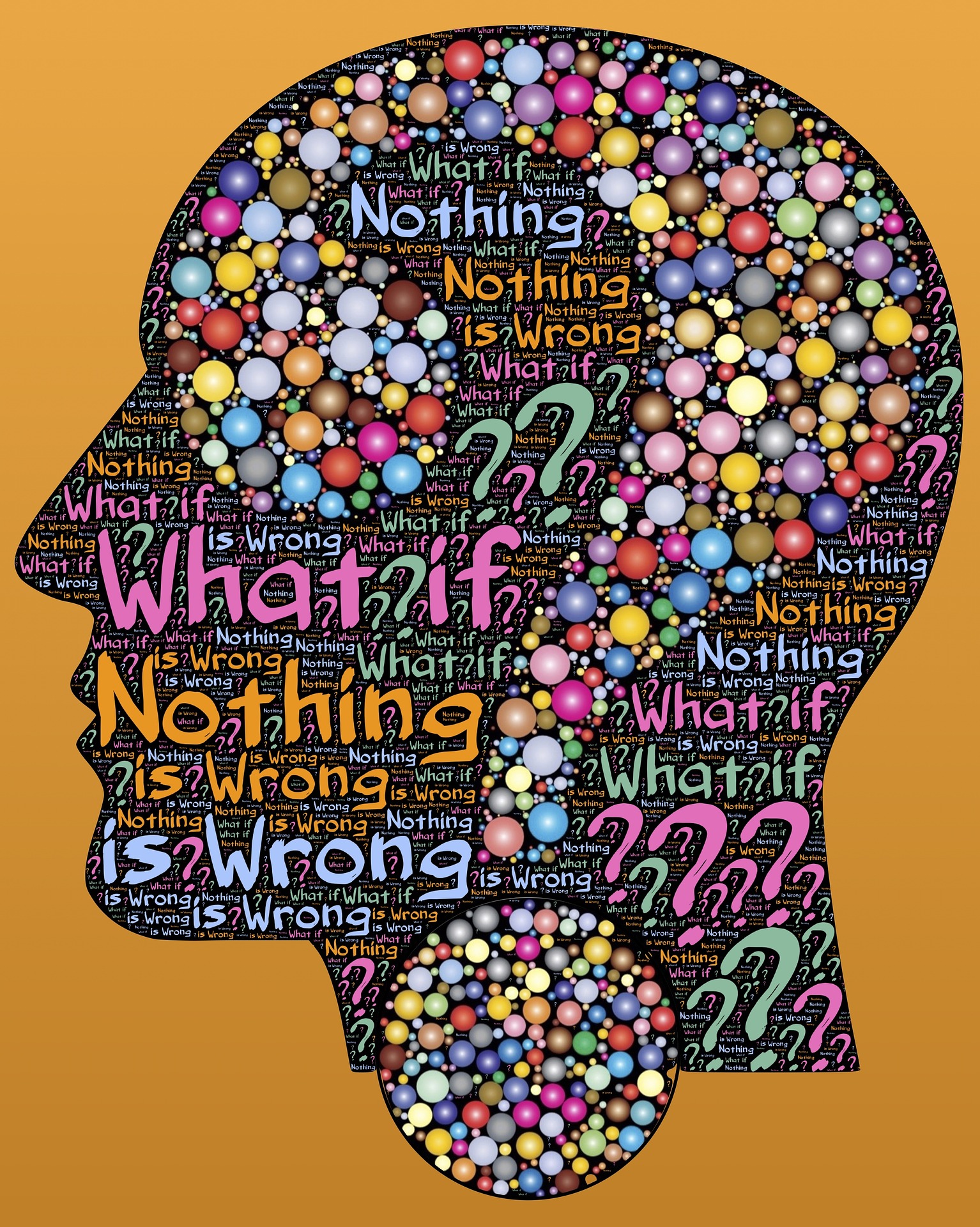Shame and Stress Relief
In today’s post, I’m sharing two items that recently came across my desk that I thought were interesting and worth passing around. The first is an article from The Atlantic entitled “The Secret Shame of Middle Class Americans.”
Whoa – heavy title – but as a read through it, I honestly was so moved and felt that it was one of the most important articles I’ve read in a long time. Writer Neil Gabler shares his own struggles with finances and how decisions he and his family made, as well as unforeseen but not uncommon circumstances, significantly impacted his financial situation and lifestyle later on.
 I loved this article, not for the voyeuristic opportunity to peer into another’s life, but because it does such a good job of making the point that our choices matter – our career choices, where we live, where we send our kids to school, etc. More importantly, it makes the point that life can be hard and expensive, and even when we are making the best choices for ourselves and our families, sometimes it doesn’t turn out to be the American dream we’ve envisioned for ourselves.
I loved this article, not for the voyeuristic opportunity to peer into another’s life, but because it does such a good job of making the point that our choices matter – our career choices, where we live, where we send our kids to school, etc. More importantly, it makes the point that life can be hard and expensive, and even when we are making the best choices for ourselves and our families, sometimes it doesn’t turn out to be the American dream we’ve envisioned for ourselves.The shortcoming of the article is that it does not offer any solace or advice from the writer on how he is trying to turn things around (which is not really a fair criticism since that is not his intention). As a planner and coach, however, I know that there are always choices you can start making today that will create a better future, from budgeting to investing to mental shifts that can add perspective to whatever circumstances one may be facing.
Which brings me to my second share. . .
Kelly McGonigal’s Ted Talk on stress is a must-watch. A psychologist, McGonigal discusses how stress can actually be a positive trigger if we re-frame it and have the right tools to respond to it. She also has a book titled “The Upside of Stress.” Both are definitely worth delving into and they provide a new way of thinking about stress in our lives and what we can do about it.
Certainly, McGonigal’s tips are not a cure-all for financial stress, but they are a start. As is Gabler’s article, which opens up the conversation on how many of us struggle to make ends meet, even when on the outside it seems like things may be fine. In their own way, McGonigal and Gabler’s insights help chip away at the shame that may come along with financial stress because they show that the struggle is common and an opportunity for connection. Often, that’s enough to open the door to begin taking action and create some momentum toward a healthier, happier life.